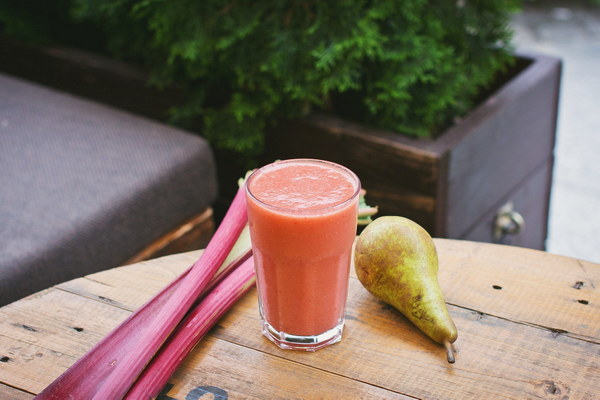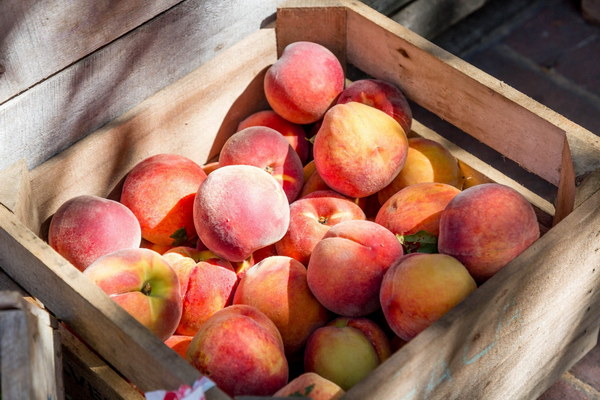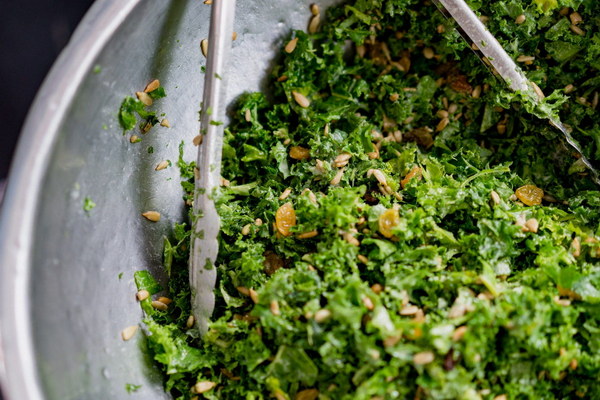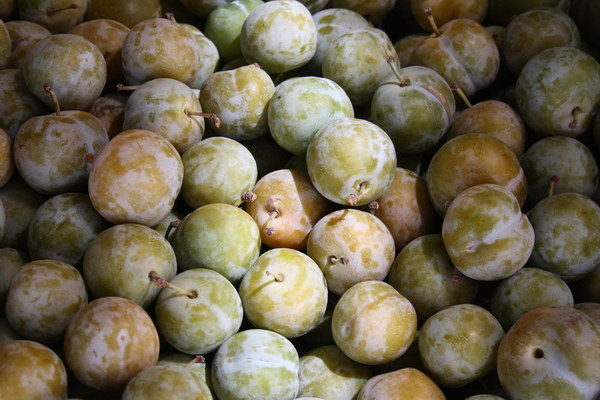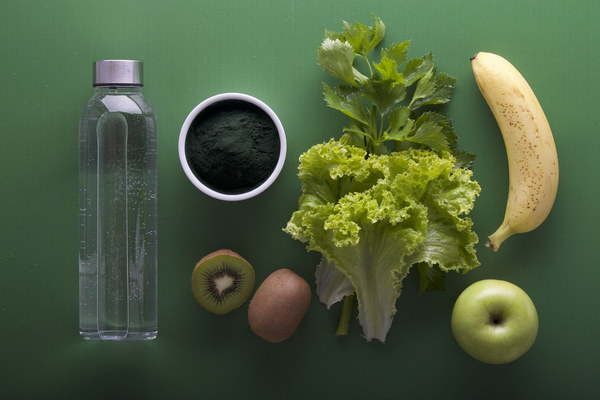Maximizing Winter Health Best Practices for Women's Nutrition and Supplements
As the seasons transition from the warmth of summer to the chill of autumn and winter, the body often requires additional support to combat the cold and maintain health. Women, in particular, may need to focus on specific nutritional strategies to ensure they are adequately nourished during these cooler months. Here’s a guide to the best practices for women’s nutrition and supplements during the autumn and winter seasons.
1. Hydration is Key
During the colder months, it’s easy to become dehydrated due to reduced thirst cues. Ensure you are drinking plenty of fluids, including water, herbal teas, and warm broths. Water is essential for maintaining the body's temperature, supporting kidney function, and aiding in digestion.
2. Boost Your Immunity
The immune system can weaken with the change in weather. Incorporate immune-boosting foods such as citrus fruits, garlic, ginger, onions, and leafy greens into your diet. These foods are rich in vitamin C, antioxidants, and other nutrients that help strengthen the immune system.
3. Embrace Warm and Nutritious Foods
Warm, hearty meals are not just comforting but also beneficial for health. Include warming spices such as cinnamon, turmeric, and cumin in your cooking. These spices not only enhance flavor but also offer health benefits. Soups, stews, and roasted vegetables are excellent choices to stay warm and well-nourished.
4. Balance Your Macronutrients
A balanced diet should include a mix of macronutrients: proteins, carbohydrates, and fats. Lean proteins such as turkey, chicken, fish, and legumes are important for muscle repair and immune function. Complex carbohydrates like whole grains and legumes provide sustained energy. Healthy fats, found in nuts, seeds, avocados, and olive oil, are crucial for hormonal balance and protection of the body’s cells.
5. Consider Supplements Wisely
While a well-balanced diet should provide most of the necessary nutrients, some women may benefit from supplements. Commonly recommended supplements for winter health include:
- Vitamin D: Essential for bone health and immune function, vitamin D can be difficult to obtain from food. Sunlight exposure is a primary source, but during the winter months, supplementation may be necessary.
- Omega-3 Fatty Acids: These healthy fats have anti-inflammatory properties and can support heart health. Fish oil supplements are a good source of omega-3s.
- Vitamin C: This powerful antioxidant is known for its immune-boosting effects. Citrus fruits, bell peppers, and strawberries are natural sources, but supplements can be helpful, especially during cold and flu season.
- Iron: Iron deficiency is common, particularly among women of childbearing age. Red meat, lentils, and fortified cereals are good sources of iron. If you suspect an iron deficiency, consult with a healthcare provider about whether supplementation is needed.
6. Prioritize Sleep
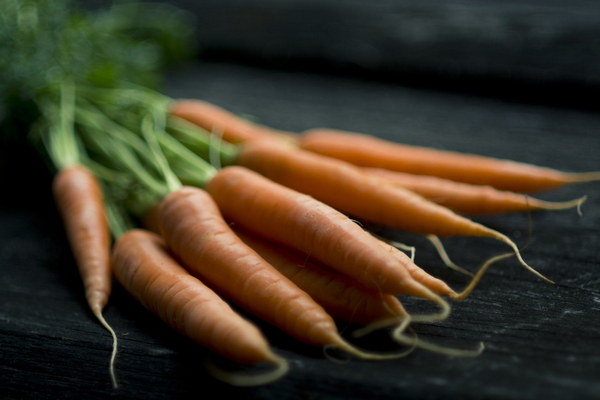
Sleep is essential for overall health and can impact your immune system. Ensure you are getting enough rest, as sleep deprivation can weaken your immune response and make you more susceptible to colds and flu.
7. Manage Stress
Stress can weaken the immune system and affect overall health. Practice stress-reducing activities such as yoga, meditation, or deep breathing exercises to maintain a healthy immune response.
In conclusion, maintaining good nutrition and health during the autumn and winter months is crucial for women. By incorporating these practices into your daily routine, you can support your immune system, stay warm, and enjoy the cooler seasons with vitality. Remember, it's always best to consult with a healthcare provider before starting any new supplement regimen.
